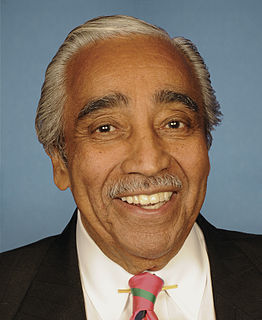A Quote by Natasha Trethewey
My name is Natasha Trethewey, and I was born in Gulfport, Mississippi, in 1966, exactly 100 years to the day that Mississippi celebrated the first Confederate Memorial Day, April 26, 1866.
Quote Topics
Related Quotes
I used to come out here every Fourth of July as a child to picnic and to swim on the island, to tour the fort and wander through it. And all of that time, I never knew anything about the presence of black soldiers on the island. And so, for me, this was a way of trying to tell another history, a lost or a forgotten or a little-known history about these black soldiers who played an important part in American history.” Trethewey said.
Coincidentally, she was born “exactly 100 years to the day that Mississippi celebrated the first Confederate Memorial Day, April 26, 1866.
By county, there's like 14 different accents in Mississippi alone. And now, present day, a Mississippi accent is different than in 1963. So we had a dialect coach, which is like going to visit France and having to translate all your emotions into French, and French isn't your first language. I had to go through that filter, so it was interesting.
In the space of one hundred and seventy-six years the Mississippi has shortened itself two hundred and forty-two miles. Therefore, in the Old Silurian Period the Mississippi River was upward of one million three hundred thousand miles long, seven hundred and forty-two years from now the Mississippi will be only a mile and three-quarters long. There is something fascinating about science. One gets such wholesome returns of conjecture out of such a trifling investment of fact.
This was the first Memorial Day [Monday, May 1st, 1865]. African Americans invented Memorial Day in Charleston, South Carolina. What you have there is Black Americans recently freed from slavery announcing to the world with their flowers, their feet, and their songs what the war had been about. What they basically were creating was the Independence Day of a Second American Revolution.





































